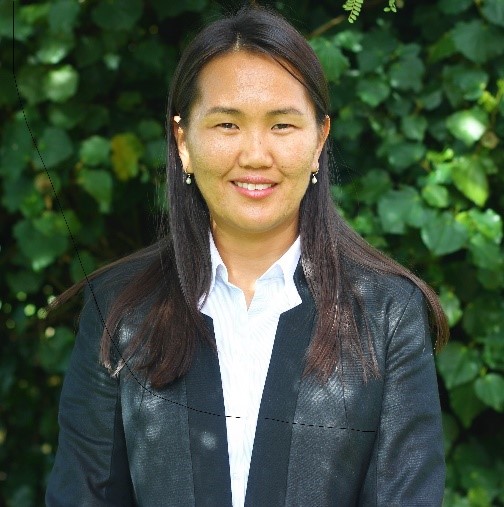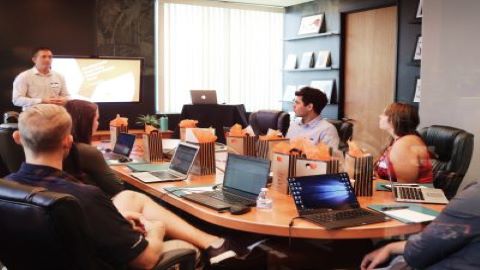Presentations in this series are based on the projects that GLO-VirtYS program scholars completed as part of the their program participation. See for the details VirtYs program and the cohort 2021.
Register for the next talk NOW. Participation is free and open to the public.
https://kent-ac-uk.zoom.us/meeting/register/tJAqduqsrjMrGdGmDyAldXkzZtW_W4Oe8Zz8
After registering, you will receive a confirmation email containing information about joining the meeting.
September 16th 2021 Program on 1 pm London/UK time.
Odmaa Narantungalag, Massey University and GLO Affiliate
The Local Impacts of Natural Resource Extraction: Evidence from Mongolia
(GLO VirtYS program advisor Professor Kompal Sinha)
Soumya Pal, Centre for Public Policy, Indian Institute of Management Bangalore and GLO Affiliate
Weather Shock, Agricultural Productivity, and Infant Health: A Tale of Environmental Justice
(GLO VirtYS program advisor Professor Almas Heshmati)
Video
Chaired by GLO VirtYS Program Director Olena Nizalova.
Featured Image: Employee-Training-unsplash

Odmaa Narantungalag is a Ph.D. student in economics at Massey University in New Zealand. Her research interests are in development economics, natural resource economics, and health economics. Odmaa holds a Bachelor of Arts in Economics from American University in Bulgaria and a Master of Public Administration from Tsinghua University, China. Prior to starting her doctoral studies, Odmaa worked as a national consultant at the Ministry of Economic Development and Ministry of Finance in Mongolia for various projects implemented by the World Bank and United Nations Development Programme.
GLO VirtYS project: The Local Impacts of Natural Resource Extraction: Evidence from Mongolia
This paper investigates the local economic impacts of a large-scale copper-gold mine in Mongolia. Employing household data from 2008 to 2016, I find positive economic effects of the mine. A ten percent increase in mining activities resulted in 2.2 and 2.3 percent increases in income and food consumption, respectively. Mining activities enabled households to increase their medical expenditures, while sickness did not increase significantly. In contrast, education expenditures dropped while educational attainments improved in mining areas. Both expenditure patterns indicate that large-scale extractive industries can positively benefit residents, and corporate social responsibility activities further enhance the mining sector’s traditional benefits.

Soumya Pal is PhD Candidate at the Centre for Public Policy, Indian Institute of Management Bangalore. His research interests are broadly in the domain of Climate Change, Regulations, and Environmental Justice. His doctoral thesis focuses on Economics of Climate Change and Environmental Regulations. He completed his bachelor’s in Statistics, Master’s, and M.Phil. in Demography.
GLO VirtYS project: Weather Shock, Agricultural Productivity, and Infant Health: A Tale of Environmental Justice
We study how income shock due to extreme weather fluctuations causally impacts the birth outcomes. We selected households depended directly on agriculture due to their extreme vulnerability to temperature and rainfall shocks. We find large efficiency loss attributed to weather shock for major food crops to the extent of 20%. However, we find that access to technology provides resilience against weather shock, therefore, causing the heterogeneity in vulnerability across farming households. Based on it, we designed the agriculture-household model, which predicts that health outcomes of child are dependent on income shock due to abrupt change in weather conditions. We tested the hypothesis by introducing weather shock in the cropping season before the conception of child to eliminate the confounding effect of direct impact due to extreme weather conditions. We find that weather shocks in cropping season, increases the likelihood of child mortality, low birth weight, and birth size. We further find that access to technology, financial tools, and economic security net reduces the impact of income loss due to weather shock. Our results suggests that access to resilient capabilities leads to heterogeneous impact across farmer households causing environmental injustice. Further, our findings provide insights into the policy design for long term shift in weather patterns due to climate change and stresses on the inequality in resilience against extreme weather events.
Ends;

